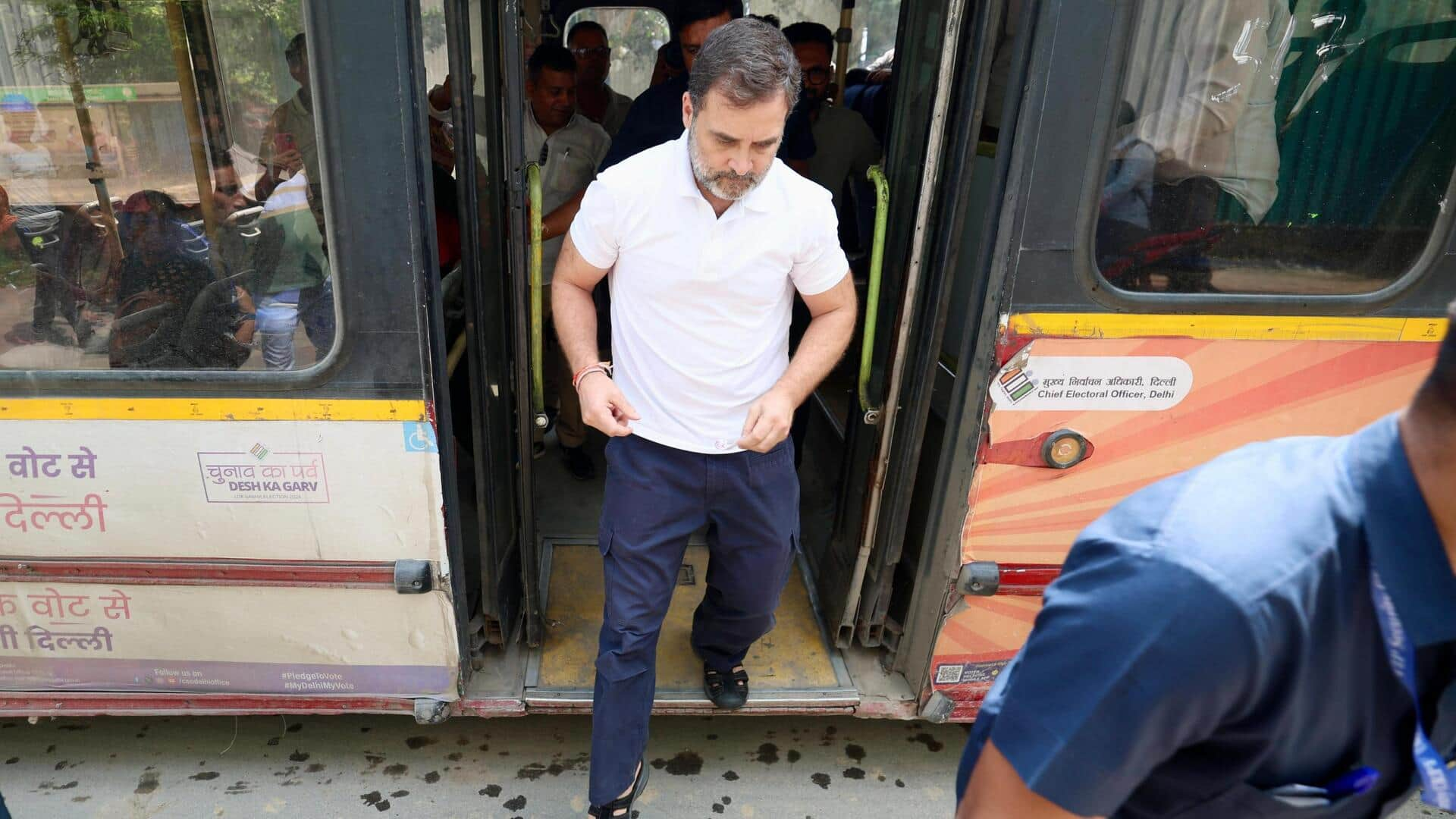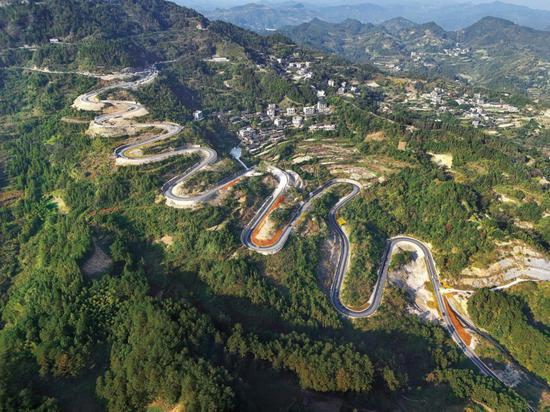
The Nigerian government has announced plans to spend approximately N2.4 trillion on power subsidies before the end of the year. This move is aimed at addressing the challenges facing the country’s power sector, which has been plagued by issues such as inadequate infrastructure, vandalism, and inefficiencies in the electricity value chain.
According to Dr. Yusuf Ali, Commissioner of Planning, Research, and Strategy at the Nigerian Electricity Regulatory Commission (NERC), the subsidy amount has fluctuated due to foreign exchange challenges and tariff adjustments. Ali made this disclosure at the PwC’s Annual Power and Utilities Roundtable, themed ‘Reigniting Hope in Nigeria’s Electric Power Sector,’ in Lagos on Thursday.

“As of November, the subsidy amount stood at N1.9 trillion, but with current trends, the monthly subsidy for electricity is expected to reach N260 billion in December,” Ali explained. Read Also: Tinubu outlines plan to tackle out-of-school children crisis in Nigeria The N2.
4 trillion subsidy is an annual estimate that could adjust depending on the monthly cost-benefit tariff. Ali emphasized that the government calculates the difference between the cost-reflective tariff and the approved tariff every month to determine the subsidy. The Minister of Power, Adebayo Adelabu, represented by the Chief Technical Adviser to the Minister, Adedayo Olowoniyi, highlighted the importance of implementing cost-reflective tariffs to attract necessary investments and ensure the sector’s sustainability.
“We cannot dance around the fact that a market that does not create a line of sight of return for investors will not get investment,” Adelabu noted. The government has also developed a draft Integrated National Electricity Policy aimed at addressing critical challenges in Nigeria’s power sector. The policy aims to foster market discipline, improve energy delivery efficiency, and ensure subsidies benefit the most vulnerable.
Adelabu acknowledged the challenges facing the power sector, including vandalism, ageing infrastructure, and inefficiencies in the electricity value chain. He revealed that the Transmission Company of Nigeria spent nearly N10 billion in six months repairing vandalized towers. Despite these challenges, the government remains committed to delivering a sustainable energy future for all Nigerians.
As Adelabu emphasized, “Hope is not passive. We must innovate and implement bold ideas to restore confidence and deliver a sustainable energy future for all Nigerians.” The N2.
4 trillion subsidy is a significant investment in Nigeria’s power sector, and it is expected to have a positive impact on the country’s economy. With the government’s commitment to addressing the challenges facing the sector, there is hope for a brighter future for Nigeria’s power sector. Opinions Balanced, fearless journalism driven by data comes at huge financial costs.
As a media platform, we hold leadership accountable and will not trade the right to press freedom and free speech for a piece of cake. If you like what we do, and are ready to uphold solutions journalism, kindly donate to the Ripples Nigeria cause. Your support would help to ensure that citizens and institutions continue to have free access to credible and reliable information for societal development.
Donate Now.










